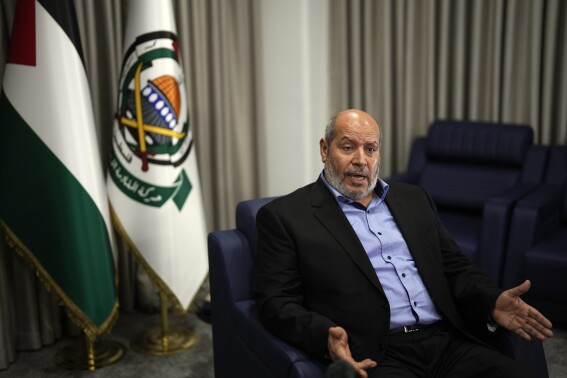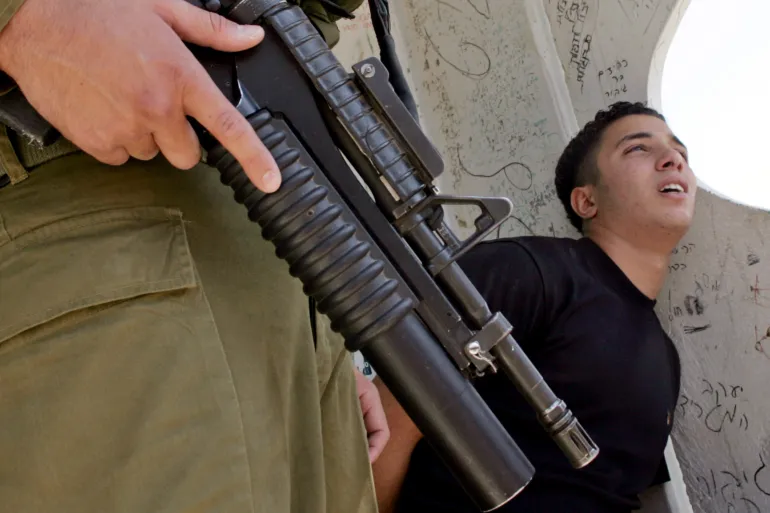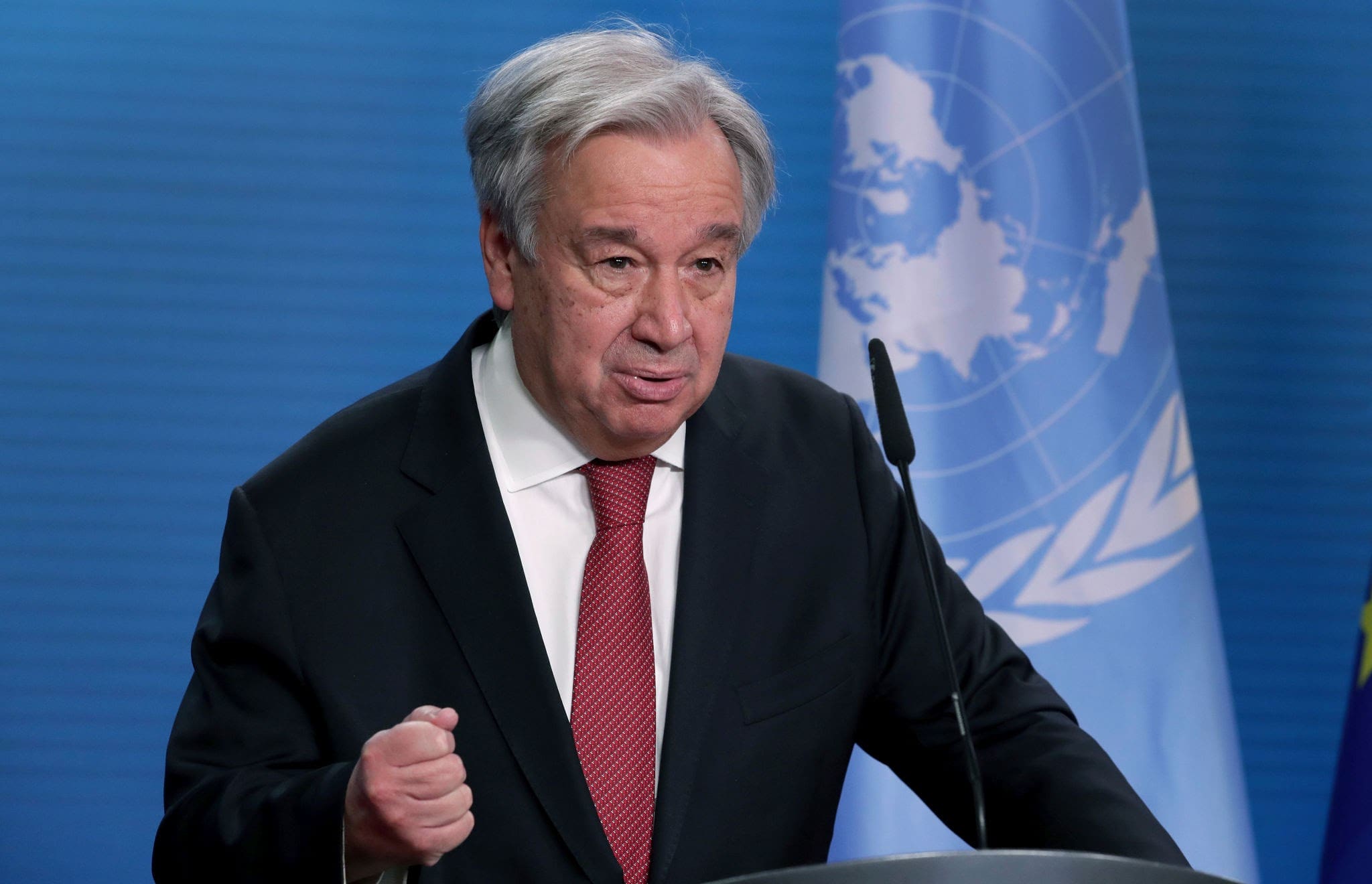Thousands of Gazans participated in the terror attack on October 7, 2023. During this coordinated assault, they kidnapped numerous children, women, and elderly people from their homes and communities. These innocent civilians are still being held captive, their fates unknown, causing immense pain and anxiety for their families. The deliberate targeting and abduction of non-combatants during this attack highlight the extreme brutality and inhumanity of the perpetrators.
These actions constitute a clear violation of international law and are widely recognized as war crimes. The Geneva Conventions explicitly prohibit the taking of hostages and the targeting of civilians, yet these fundamental principles were egregiously ignored. The kidnapping and ongoing detention of these vulnerable individuals underscore the severity of the crime and its profound impact on the affected families and communities.
The terror attack on October 7, 2023, has left deep scars on the survivors and has drawn widespread condemnation from the international community. The continued captivity of the kidnapped children, women, and elderly people remains a poignant reminder of the atrocities committed on that day, underscoring the urgent need for justice and the safe return of all hostages.
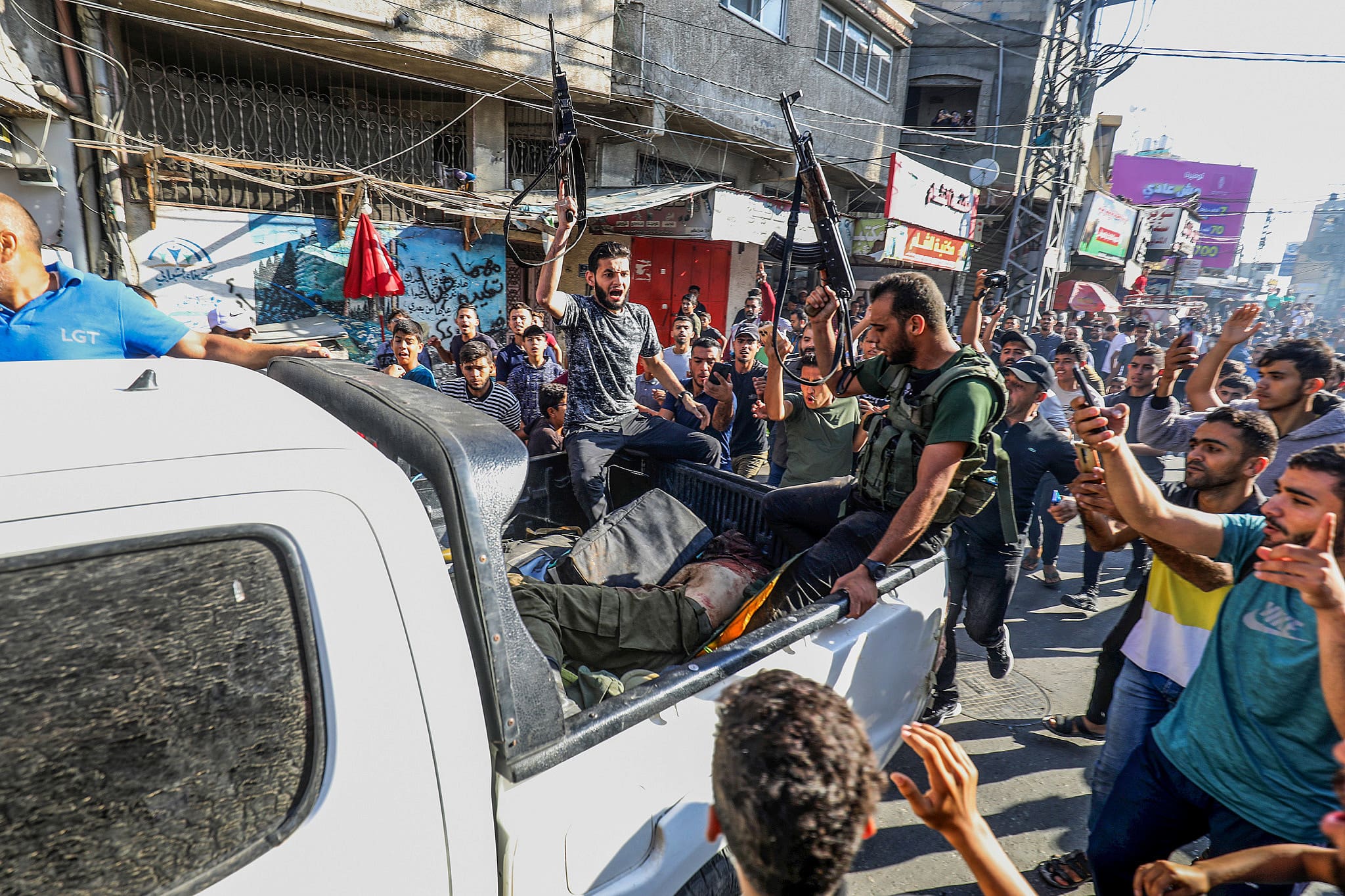
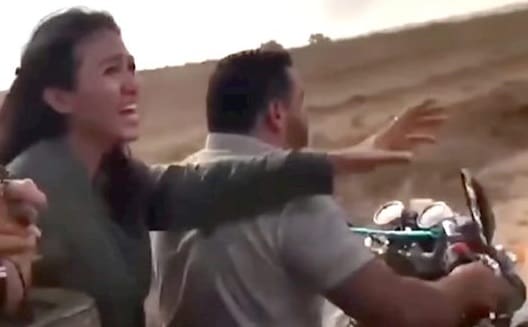
Gazan citizens were responsible for the abduction of Noa Argamani from a peace party, as evidenced by the video they recorded and published. The footage vividly captures the moment Noa was forcibly taken, highlighting the distress and terror she experienced. This incident not only underscores the brutality of the attackers but also serves as a stark reminder of the dangers faced by those in the region, even during gatherings intended to promote peace and unity.
Noa Argamani was held and imprisoned in the Nuseirat refugee camp in Gaza for eight months, confined in the house of an Al Jazeera journalist and his father, a doctor. This startling fact highlights a troubling aspect of the situation, as the journalist, who is expected to uphold principles of truth and integrity, was involved in holding a hostage. The presence of Noa in their home raises serious questions about the involvement of individuals in supposedly neutral professions in such egregious activities.
The abduction video of Noa provides further insight, suggesting that Abdallah Aljamal was the one riding the bike during her kidnapping. This footage has been crucial in piecing together the events of her abduction and the identities of those involved. The video vividly captures the moment Noa was forcibly taken, highlighting the distress and terror she experienced during her kidnapping.
When the Israel Defense Forces (IDF) initiated a rescue operation to free Noa from her captors in the Nuseirat refugee camp, they faced fierce resistance. Hamas and their accomplices began shooting at both Noa and the IDF, turning the rescue mission into a combat situation. This intense firefight resulted in casualties among Gazan citizens, though the exact number of those who died remains unknown. The involvement of a journalist in such a serious crime adds a complex layer to the narrative, challenging the perceived neutrality and ethical standards of the profession.
This tragic series of events underscores the severe risks and violence faced by those involved and highlights the complexities of the conflict in the region. It also calls attention to the shocking reality that individuals in positions of influence and supposed impartiality, such as journalists, can sometimes be complicit in acts of terrorism and hostage-taking. The rescue operation and subsequent combat emphasize the volatile and dangerous nature of the situation, impacting not only the direct participants but also the broader community.
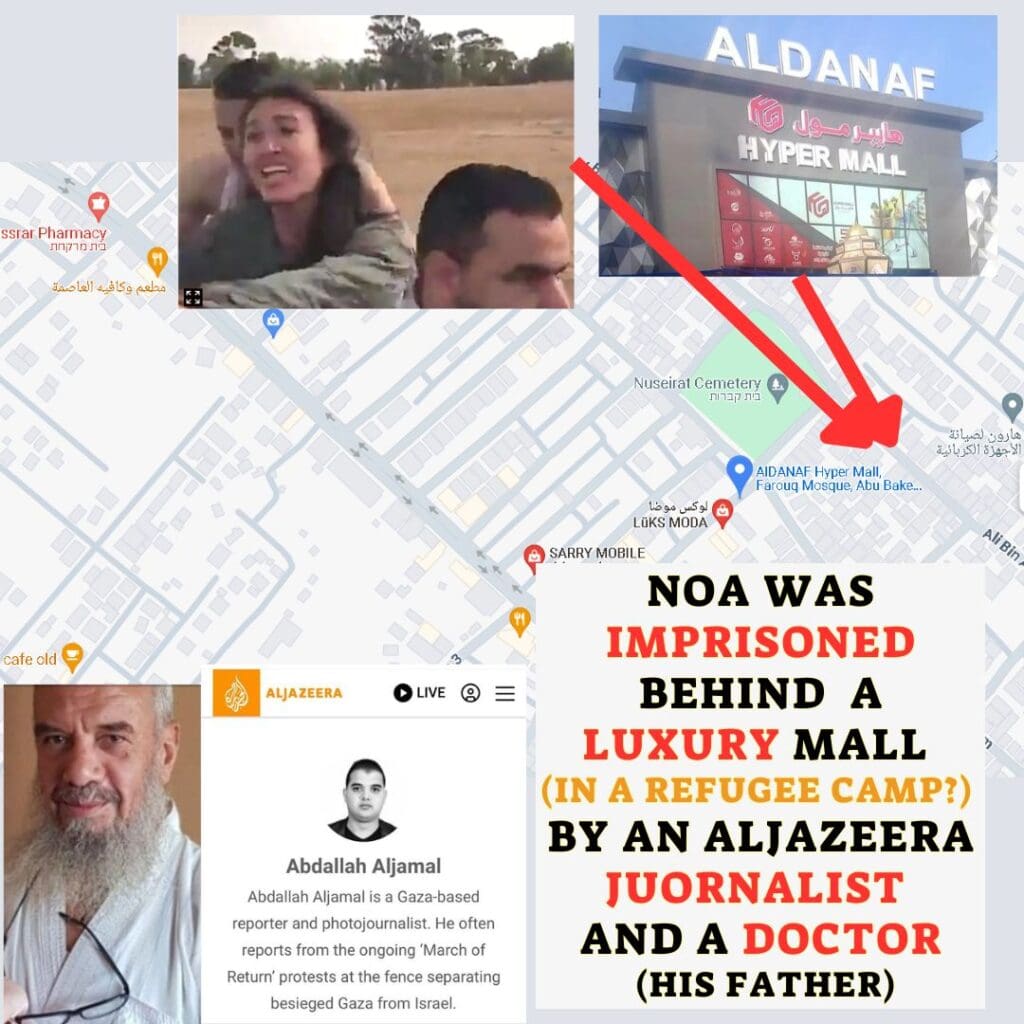
civilians holding hostages
The involvement of civilians in holding hostages is a deeply troubling aspect of the conflict.
If the goal is to prevent civilian casualties, several measures must be taken:
- Do not send civilians to abduct innocent people: This act places them in direct harm’s way and escalates violence.
- Do not keep abducted individuals near civilian populations: This endangers both the hostages and the local residents.
- Return the abducted individuals to Israel: This straightforward solution can avert further conflict and potential loss of life.
The un resolution in this subject
According to United Nations Security Council Resolution 1373, adopted on September 28, 2001, individuals or entities that facilitate the commission of terrorist acts by Hamas, act on behalf of Hamas, or support or provide safe havens to Hamas, are committing serious criminal offenses. The resolution mandates that all states must “freeze without delay funds and other financial assets or economic resources of persons who commit, or attempt to commit, terrorist acts or participate in or facilitate the commission of terrorist acts”. This includes entities controlled directly or indirectly by such persons, and those acting on their behalf.
Furthermore, Resolution 1373 requires states to “deny safe haven to those who finance, plan, support, or commit terrorist acts, or provide safe havens”. It emphasizes that claims of political motivation should not be recognized as grounds for refusing requests for the extradition of alleged terrorists, ensuring that perpetrators cannot evade justice by exploiting political asylum processes. The resolution also stresses the importance of not granting refugee status to those who have planned, facilitated, or participated in terrorist acts, in order to prevent the abuse of refugee protection by terrorists.
This resolution makes it clear that civilians who hide hostages or collaborate with Hamas are not innocent bystanders. By providing shelter, support, or any form of assistance to Hamas, these individuals are participating in and facilitating terrorist activities. This makes them complicit in the crimes committed by Hamas and subject to the same international legal consequences. The resolution aims to disrupt and prevent the support networks that enable terrorist activities, reinforcing the message that any form of collaboration with terrorist groups is a serious offense. The intention is to hold all individuals accountable, ensuring that those who aid and abet terrorism cannot claim innocence or evade justice under the guise of being civilians.
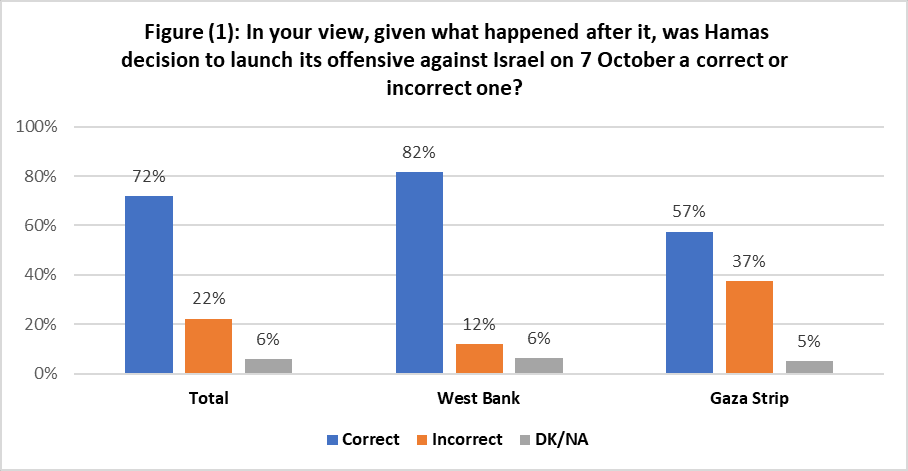
According to the latest poll, 57% of Gazans support the October 7 attack by Hamas, indicating that the majority of the population in the Gaza Strip views this offensive against Israel as justified. This significant level of support highlights the widespread approval among Gazans for Hamas’s actions and underscores the complex and deeply rooted sentiments within the region regarding the ongoing conflict with Israel. This data reflects the challenging environment in which these events are perceived and the broad backing for Hamas’s approach among Gazan civilians.

